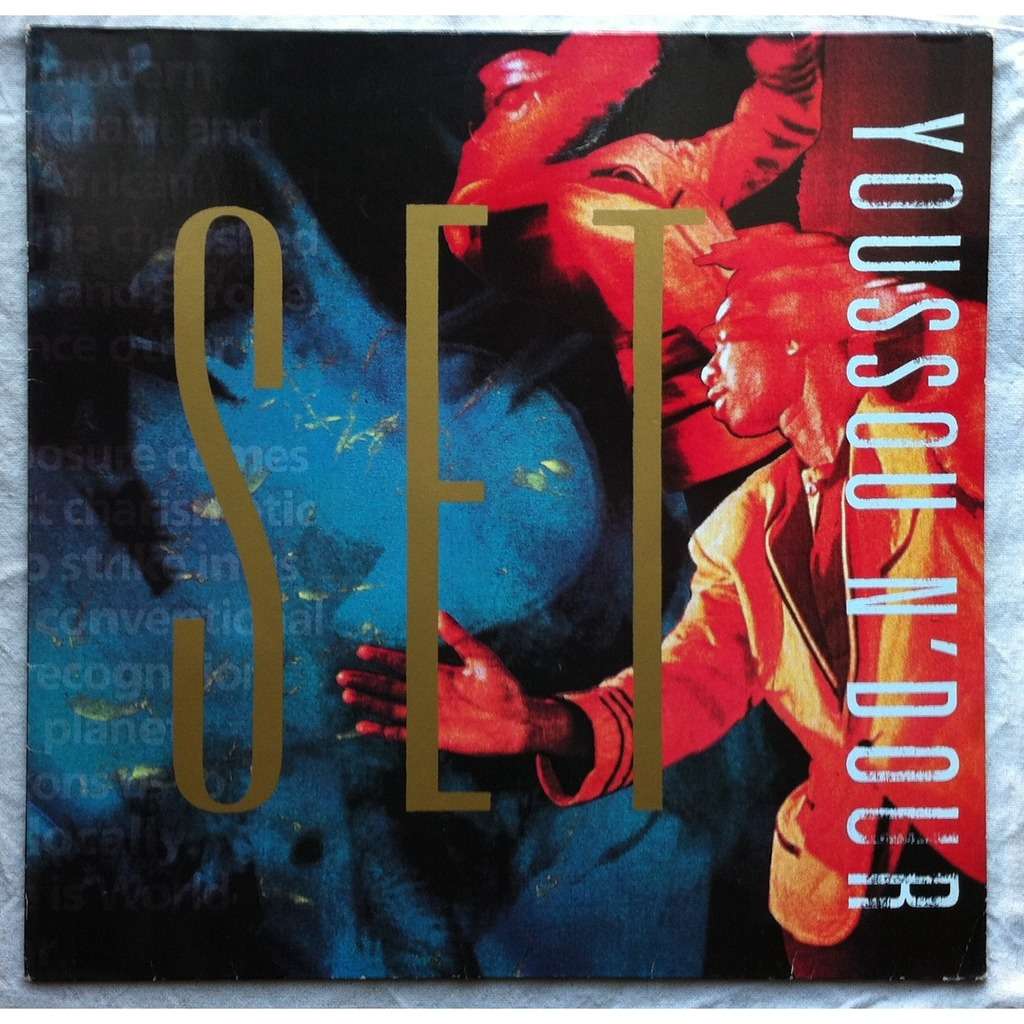Fabrizio Cristiano De André (18 February 1940 – 11 January 1999) was an Italian singer-songwriter.
Known for his sympathies towards anarchism, left-libertarianism and pacifism, his songs often featured marginalized and rebellious people, Romani, prostitutes and knaves, and attacked the Catholic Church hierarchy.
Fabrizio De André was in many ways already a seasoned veteran when he released his first album in 1967. He was 27 years old, he had a wife and child, and he had been writing and recording singles for the small Karim label since 1961. While recognition took a while, by late 1966 De André was hot news. His last singles had done well, Mina was about to record one of his songs, and Karim was quick to put out an LP compilation of his early songs, "Tutto Fabrizio De André". In the meantime, De André broke with Karim and signed a record deal with renowned producer Antonio Casetta, who offered him much better production values, as well as proper national distribution. De André was even given his choice of musical producers, and he picked top Ricordi arranger Giampiero Reverberi. Casetta's gamble paid off, with "V.1" reaching number two in the Italian charts, and winning the Italian Music Critics' Album of the Year award. Since most of his early material was being released almost simultaneously in the Karim compilation, De André was forced to write entirely new material for his debut album - something that didn't always came easy for the hardly prolific Genovese songwriter. Indeed, "V.1" included two Georges Brassens translations and a previously released song co-written with Paolo Villaggio to complement the seven brand new De André originals.
Having to come up with new material may ultimately have made the album stronger, since many of the new songs shared similar themes and De André was always at his best when making concept- or theme-based albums. Whether it was intended or not, the album seemed designed for maximum controversy, with every song questioning or mocking established values of the Italian conservative bourgeoisie, notably on the issues of religion and sex. Even the sequencing contributes to this impression, as "V.1" seems to comprise two mini-suites: songs one through four deal with Catholic doctrine's taboos (including suicide, the desacralization of marriage, and the humanity of Christ), while songs five through eight propose casual sex and prostitution as better, or more sincere, alternatives to the stifled sexuality of bourgeois marriage. Among the latter songs are the classics "Bocca di Rosa" and "Via del Campo," both offering a glimpse into one of De André's favorite galleries of characters, the world of prostitutes, their customers, and the town's zealous bigots. The first is a raucous tarantella and the second a solemn waltz: these two songs constitute an excellent example of De André's range of expression as he manages to examine the same subject from the compassionate to the farcical. The highlight of the record, however, is a stunning rendition of Georges Brassens' "La Marche Nuptiale." In his exquisite Italian translation, De André replaces the gentle irony of the original with a mixture of world-weariness and sympathy for humanity that renders the song achingly moving. De André was the first to recognize that he had a veritable Brassens obsession, and the influence of the legendary French songwriter in De André's early work is unmistakable. In this light, "Marcia Nunziale" is one of those instances when the disciple surpasses the master.
Uncommon in Italy at the time, "V.1's" sleeve included the songs' full lyrics, thus reinforcing the image of De André as a "singer-poet." Again, this was pretty much an unheard of concept in Italy back then, where music, and particularly, vocal prowess (a heritage of opera) normally took precedence over lyrics. While not the only one starting to work in that vein, (the names of Gino Paoli, Francesco Guccini, or Luigi Tenco also come to mind; Tenco committed suicide; one of the songs on "V.1" is dedicated to him). De André's provocative yet cultivated style was immediately perceived as uniquely different, if not revolutionary. If controversy was his original goal for his debut album, he more than successfully achieved it, as several of his pieces were banned by the RAI. Furthermore, the song "Carlo Martello" was briefly brought to trial on charges of obscenity because of its irreverent portrait of the hapless King Charles Martel coming back from the war horny as a toad. Nothing came out of the trial but excellent publicity for De André as the enfant terrible of the new Italian song. In fact, "V.1" was instrumental in modernizing Italian popular music and establishing the singer/songwriter (cantautori) genre that would dominate the 1970s and beyond.
Tracklist:
| Preghiera In Gennaio | |
| Marcia Nuziale | |
| Spiritual | |
| Si Chiamava Gesù | |
| La Canzone Di Barbara | |
| Via Del Campo | |
| Caro Amore | |
| Bocca Di Rosa | |
| La Morte | |
Carlo Martello Ritorna Dalla Battaglia Di Poitier
|
Fabrizio De André - Vol. 1 (1967)
(320 kbps, cover art included)





